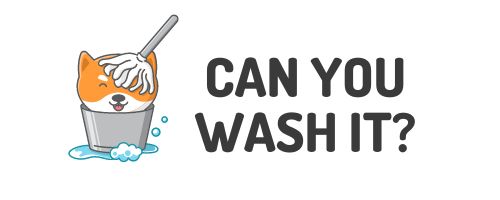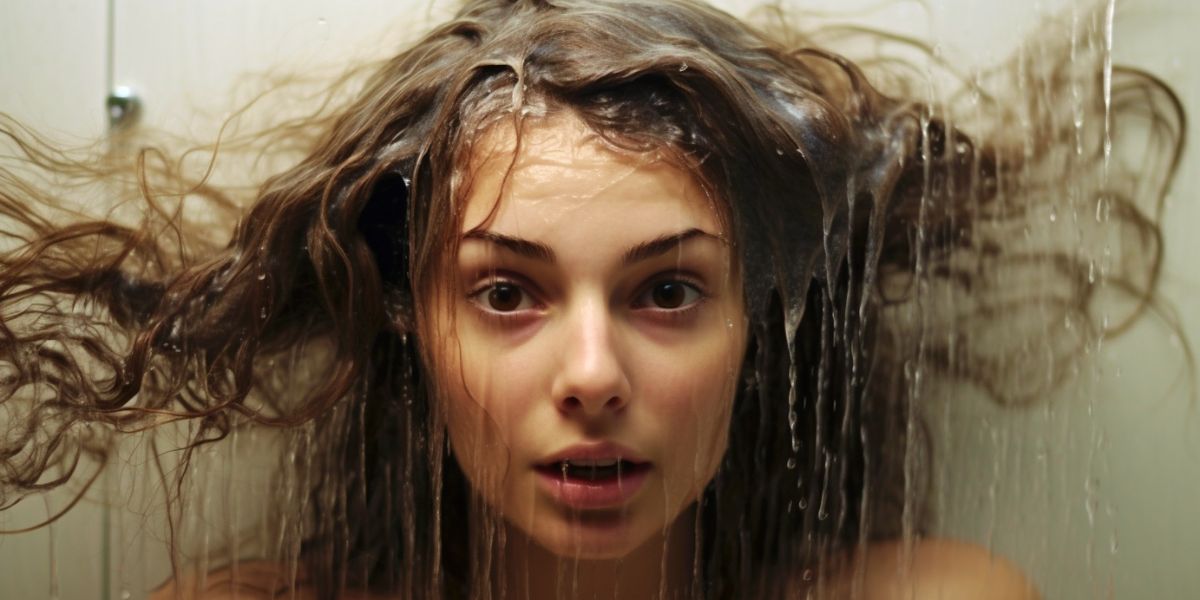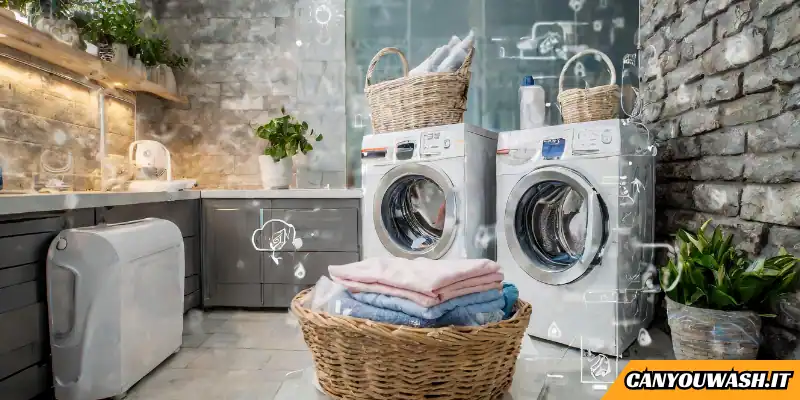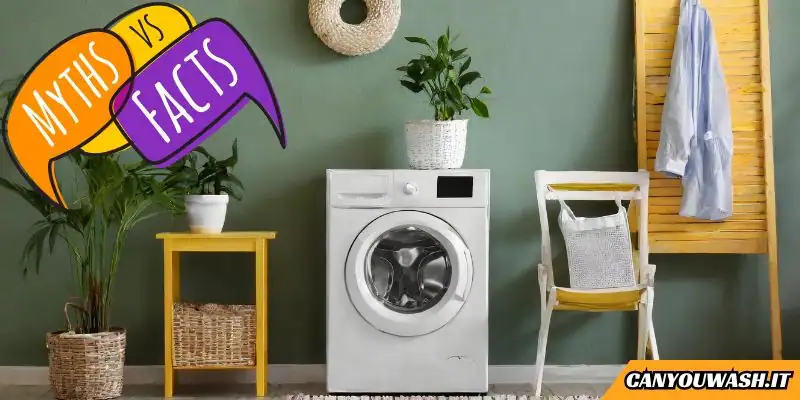Yes, while it’s generally safe to wash your hair with tap water during a boil water advisory, you should take some precautions to minimize the risk of getting the water in your mouth, nose, or eyes.
During a boil water advisory, the local water supply may be contaminated with harmful microorganisms, which can cause illness if ingested.
Remember that it is essential to use boiled, bottled, or disinfected water for drinking, cooking, brushing teeth, and washing dishes during a boil water advisory.
When washing you rhair during a boil water advisory do the following:
- If possible, use bottled or filtered water to rinse your hair.
- If you must use tap water, avoid getting it in your eyes, nose, and mouth. Keep your head tilted back and your eyes closed while rinsing your hair.
- Be cautious when using water near open wounds or cuts.
- After washing your hair, dry it thoroughly with a towel to minimize any potential contact with contaminated water.
- If you have any concerns about using tap water on your hair or body, consult with local health authorities for guidance.
Dos and don’ts of washing hair during a boil water advisory
Dos
- Do use bottled or filtered water for washing and rinsing your hair if possible.
- Do tilt your head back and close your eyes while rinsing to avoid getting water in your eyes, nose, and mouth.
- Do be extra cautious when washing your hair if you have open wounds or cuts on your head or neck.
- Do dry your hair thoroughly with a clean towel after washing.
- Do stay informed about the boil water advisory and any updates from local health authorities.
- Do use a SMALL amount of shampoo – the more shampoo, the more water needed to wash it out.
Don’ts
- Don’t swallow or allow the tap water to enter your eyes, nose, or mouth.
- Don’t use tap water for washing your hair if you have a compromised immune system, without consulting a healthcare professional.
- Don’t ignore the advisory and continue using tap water for drinking, cooking, brushing teeth, and washing dishes without boiling or disinfecting it first.
- Don’t assume the water is safe if the advisory is lifted without confirming from official sources.
- Don’t use hair products that require extensive rinsing, as they may increase the risk of contact with contaminated water.
FAQs washing hair during boil water advisory
Can I wash my hair during a boil water advisory?
Yes, you can wash your hair during a boil water advisory, but it’s important to follow certain precautions to minimize the risk of ingesting contaminated water.
Can I use tap water to wash my hair during a boil water advisory?
It is generally safe to use tap water for washing your hair, but try to use bottled or filtered water if possible. If you must use tap water, take precautions to avoid getting it in your eyes, nose, or mouth.
How can I reduce the risk of contamination while washing my hair during a boil water advisory?
Tilt your head back, close your eyes while rinsing, and dry your hair thoroughly with a clean towel after washing. Avoid using hair products that require extensive rinsing.
Is it safe to wash my hair with tap water if I have a compromised immune system?
If you have a compromised immune system, consult with a healthcare professional before using tap water to wash your hair during a boil water advisory. You may be advised to use bottled or filtered water instead.
How long should I continue taking precautions while washing my hair during a boil water advisory?
Continue following the precautions until the advisory has been lifted and local health authorities have confirmed that the water supply is safe.
What other activities should I avoid or take precautions with during a boil water advisory?
During a boil water advisory, avoid using tap water for drinking, cooking, brushing teeth, and washing dishes without boiling or disinfecting it first. Follow guidelines from local health authorities for other activities.
Final thoughts 💭
During a boil water advisory, it is generally safe to wash your hair with tap water, but it’s important to take precautions to minimize the risk of ingesting contaminated water. Using bottled or filtered water for washing and rinsing your hair is ideal, but if you must use tap water, avoid getting it in your eyes, nose, or mouth.
Tilt your head back and close your eyes while rinsing, and dry your hair thoroughly with a clean towel after washing. If you have a compromised immune system, consult a healthcare professional before using tap water to wash your hair. Continue following these precautions until the advisory has been lifted and local health authorities have confirmed that the water supply is safe.
Next, check out:





Leave a Reply